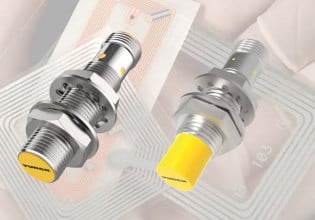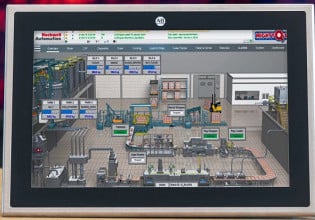L
Hi guys!
I am a control engineer of a future thermal plant for research purposes, containing boiler and flue gases analysis. I have to decide the whole DCS system.
What configuration do you think fits better in the process: having the controllers distributed next to the I/O in the cabinets on the platform, or only having the I/Os next to the process and the CPUs next to the global control room of the plant? I mean distributed CPUs or not. I will use Profibus for field, and ind.ethernet interconnecting the CPUs.
There will be around 3000 signals and maybe 3 controllers. If speed required, I could add PLCs, right?
Thanks for you help, cause I am new in this field.
I am a control engineer of a future thermal plant for research purposes, containing boiler and flue gases analysis. I have to decide the whole DCS system.
What configuration do you think fits better in the process: having the controllers distributed next to the I/O in the cabinets on the platform, or only having the I/Os next to the process and the CPUs next to the global control room of the plant? I mean distributed CPUs or not. I will use Profibus for field, and ind.ethernet interconnecting the CPUs.
There will be around 3000 signals and maybe 3 controllers. If speed required, I could add PLCs, right?
Thanks for you help, cause I am new in this field.






